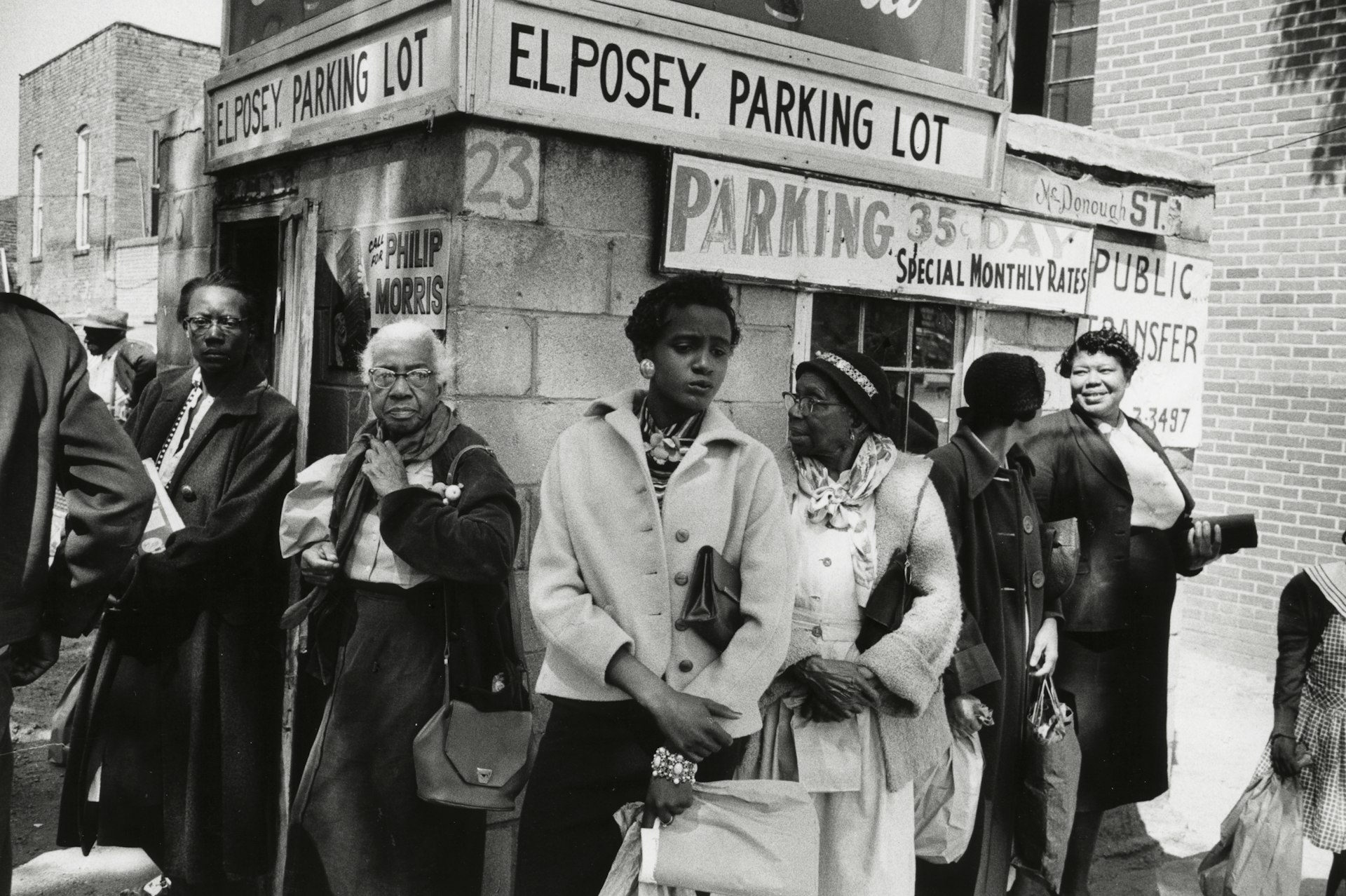The bleak beauty of England’s forgotten towns
- Text by Dominique Sisley
- Photography by John Spinks

“The rough, uncared-for woodlands that cluster around the built-up residential areas and council estates of post-war Britain are places where dreams and reality are intertwined,” writes academic David Chandler in the opening pages of John Spinks’ latest book, The New Village. “They are places of escape, of refuge, and of remnants, where the fears and frustrations of confined lives spill over and drain away.”
England’s past – rooted in folklore, myths and legends – has always haunted its landscape. It lurks in its remote towns and villages, defining itself with a kind of bleak, uncanny beauty. It’s this mystical quality that Spinks has attempted to capture in The New Village. The book, published by Bemojake, sees the photographer return to his hometown – a small, unnamed mining village in North Warwickshire.


Although he left the village when he was 18, Spinks has been returning to shoot it for the last 15 years. His photos see him act as both an insider and an outsider; capturing people who he’s known all his life, in a town which never truly felt like home. “I had a very secure and stable childhood, but unfortunately I am possessed of a rather melancholy temperament,” Spinks explains. “As a result, I have never really felt at home or comfortable anywhere, even when I was very young.”
The country has changed almost immeasurably in recent years, with Brexit, rising immigration, and Tory-inflicted austerity shaking up the social landscape. It’s a change that the photographer has been steadily documenting. “When I began the village was quite different, unsettled,” he says. “People have been working very hard with few resources to deal with a range of complex social problems.”


The town, he says, has done well at reflecting the overall mood of England. “Election results locally have closely, very closely, mirrored national results, to the extent that it has been used as a bellwether seat in the last couple of General Elections,” Spinks says. “As for Brexit, people voted very significantly in favour, austerity has bitten as deeply as many other places.”
The New Village, however, is not a political project. It is an attempt to capture ‘Englishness’ – a concept much more elusive and timeless. “It is getting increasingly difficult to follow the threads of quite recent history,” the photographer adds, with an air of mysticism. “There is a strange sense of a place becalmed.”





John Spink’s The New Village is published by Bemojake.
Enjoyed this article? Like Huck on Facebook or follow us on Twitter.
Latest on Huck

How Labour Activism changed the landscape of post-war USA
American Job — A new exhibition revisits over 70 years of working class solidarity and struggle, its radical legacy, and the central role of photography throughout.
Written by: Miss Rosen

Analogue Appreciation: Emma-Jean Thackray
Weirdo — In an ever more digital, online world, we ask our favourite artists about their most cherished pieces of physical culture. Today, multi-instrumentalist and Brownswood affiliate Emma-Jean Thackray.
Written by: Emma-Jean Thackray

Meet the shop cats of Hong Kong’s Sheung Wan district
Feline good — Traditionally adopted to keep away rats from expensive produce, the feline guardians have become part of the central neighbourhood’s fabric. Erica’s online series captures the local celebrities.
Written by: Isaac Muk

How trans rights activism and sex workers’ solidarity emerged in the ’70s and ’80s
Shoulder to Shoulder — In this extract from writer Jake Hall’s new book, which deep dives into the history of queer activism and coalition, they explore how anti-TERF and anti-SWERF campaigning developed from the same cloth.
Written by: Jake Hall

A behind the scenes look at the atomic wedgie community
Stretched out — Benjamin Fredrickson’s new project and photobook ‘Wedgies’ queers a time-old bullying act by exploring its erotic, extreme potential.
Written by: Isaac Muk

“Welcome to the Useless Class”: Ewan Morrison in conversation with Irvine Welsh
For Emma — Ahead of the Scottish author’s new novel, he sat down with Irvine Welsh for an in-depth discussion of its dystopic themes, and the upcoming AI “tsunami”.
Written by: Irvine Welsh